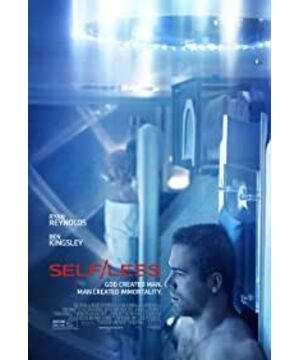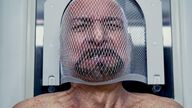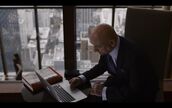At the beginning of the golden house, the taste of the owner is really gaudy.
Seeing that he directly deprived a little fresh meat of his qualifications to enter the capital game, he thought he was a cold-blooded, ruthless, and only exist for profit tycoon of capital.
He had cancer and was about to die, but got information from a study that could keep him alive.
So, he abandoned everything he had before and lived on.
I thought at first that this would tell about my past and present self-identification, but he did so easily. But what I didn't expect was that a moral question was judging his heart, whether my life could continue with the end of other people's lives.
There is no doubt that the capital predator said 'no'.
The arousal of the contradiction is also strange. In the beginning, the fair traded and bought and sold lives, but later he began to kidnap and kill, just to cover up the truth. What if he gave up the experimental body at the beginning, and was afraid of exposure, because it was an unethical experiment?
For one thing, the characters in this movie have an untouchable bottom line, even the villain boss.
I don't believe in this level of morality. Capitalists are just like Marx said: "If capital has 50% profit, it will take risks; if it has 100% profit, it will dare to trample all the laws of the world; It dares to commit any crime and even sell the gallows that hangs itself.
However, a capitalist is also a person. When he looks back on his past, he will give up everything because of his innocence. , in order to seek a peace of mind.
This movie started out because of friendship.
Even if it was based on morality to restrain crime at first, but in the end, when a technology is expanded, what restrains the bottom line is morality, but restrains the public It should be legal.
First time, a little loose.
PS1: Some music is noise.
PS2: Reverse cracking is really easy.
View more about Self/less reviews










